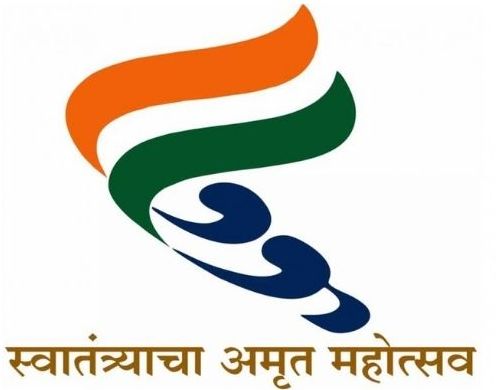
Botany
The Department of Botany was established in 1923. The Department has the honor of having Botanists of International repute on the Faculty, namely Prof. L. A. Ajrekar (1923-1930),, Prof. R. H. Dastur (1931-1935), Prof. F. R. Bharucha (1936-1956), Prof. Mrs. E. Gonzalves(1956-1962), Prof. V. R. Dnyansagar(1963-1971), Dr. V. D. Tilak (1971-1974 ,1976-1983),, Prof. Mrs. S. Chitaley (1974-1976) and Prof. B. B. Chaphekar (1983-1987).Prof. F. R. Bharucha was the Director of The Institute of Science from 1954-1959. He has made substantial contribution to grassland and desert ecology. It won him worldwide recognition. He was the President of Indian Ecological society; Vice President of International Botanical Congress & was commissioned by UNESCO to write the report on ecological research. He served as UN expert in Botany at University of Syria .Prof. V. R. Dnyansagar has earned himself reputation as world known Cyto-geneticist. Prof. Mrs. Chitale, a known Paleobotanist, has developed a technique of preserving plant material – popularly known Chitale method. Dr. V. D. Tilak has designed equipment, popularly known as Tilak Sampler, to collect the samples of aerial flora.The pioneer work of Dr. V. D. Tilak and his group on Floral and nodal anatomy is cited in the work of renowned Botanists, Arthur Cronquists and Armen Thakhtajan. Prof. S. B. Chaphekar is known for his contribution in the field of Ecology. The Department is equipped with sophisticated instrumentation facilities and well established Plant Cell Culture lab. The Department conducts three specializations, Molecular Biology and Plant Biotechnology, Plant Physiology and Biochemistry and Environmental Botany in the core Subject of Botany. Prof. Vijay D. Mendhulkar is presently Head of the Department. The existing Faculty is actively involved in the Research activities in the area of their respective specialization. The broad Research area of interest for Ph.D. programmes in the Department includes Plant biotechnology , In-vitro Mutagenesis, Secondary Metabolites elicitation by in–vitro techniques, Plant extract mediated Nanoparticle synthesis and their applications, , Plant physiological and biochemical aspects, Chemical Fingerprinting, Plant cell culture studies, Phytoremediation and Pollution control, Fungal enzyme studies, and Environmental Studies.
The Department of Botany is equipped with sophisticated instruments which are used by the M.Sc. and Ph.D. Students. These includes HPLC Unit, HPTLC Unit with Scanner, PCR, Inverted Microscope, Microphotograph facilities, Nanoparticle tracking Analyser (NTA),Cold Centrifuge, Rotary Evaporator, Microplate Reader, Multiple solvent Extractor Unit, Guava Cell Counter ,UV Visible spectrometry (for solid and Liquid sample), Lyophilizer and Bioreactor. The other facilities in the Department includes Plant cell culture laboratory ,two Green houses, Independent Cell Inoculation Chambers for microbial and plant cells) .Department is having 1.6 acres of Botanical Garden Area which houses rare tree plants , spices and medicinal plant . Department is also having old collection of Herbarium
HBSU MSc Botany Syllabus Semester I
HBSU MSc BOTANY Structure
Scheme of Teaching





